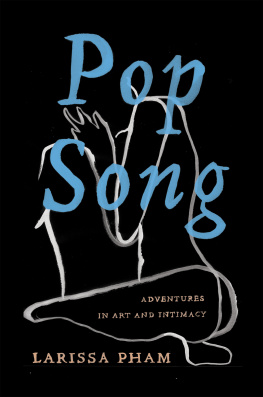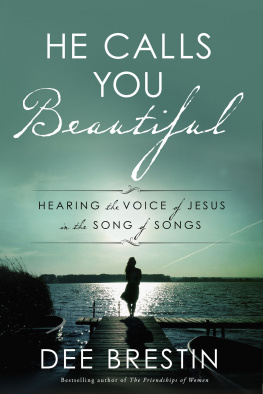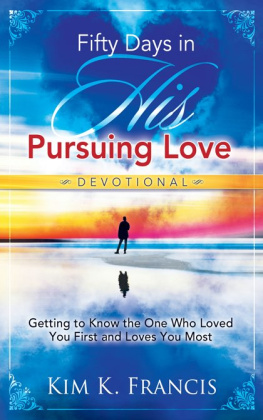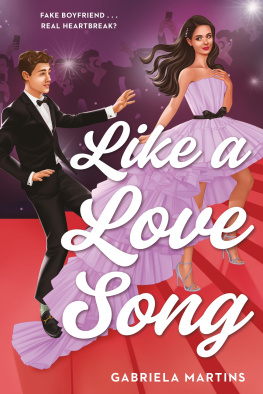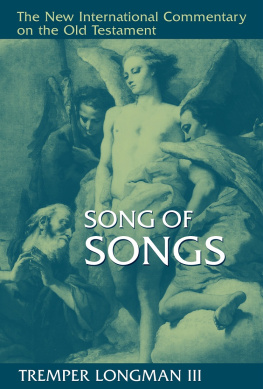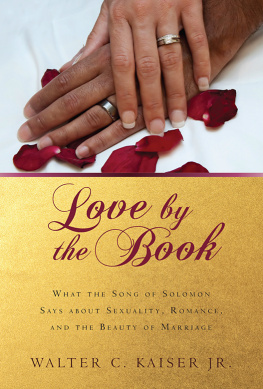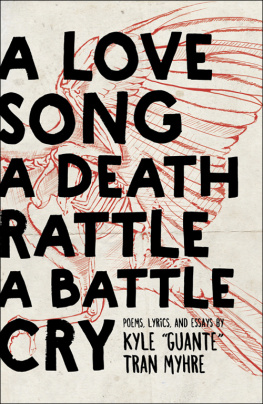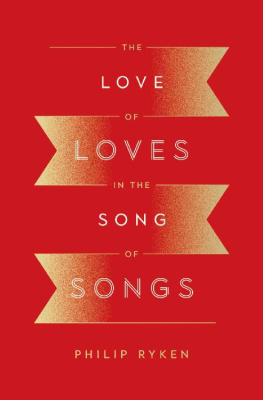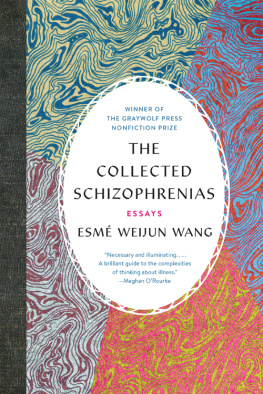Table of Contents
Guide
Pop Song


If youve ever sung along to a song on the radio, this is for you.
Contents
Pop Song

O ctober in Connecticut. Im nineteen, tightly lacing up my running shoes. Foot propped against the wall, my face skimming close enough to my knee to kiss the dry skin there. I yank at the laces until they leave white marks on my fingers, then swipe at my phone screen to check the time: just past midnight. Its taken all evening to let the tension build, pacing around the common room I share with two roommates who have filled the place with incense and pillar candles. Shoes tied, I stretch, tapping my toes. One exhale in place, then two, the anxiety settling low in my stomach with the dinner I put away hours ago. Before long, I know, Ill feel physically sick if I dont start running, if I dont leave, if I dont go. Then Im loping down my dorms five flights of stairs, and then Im out the door.
I never knew where I was going on those late night runs, only that I couldnt not go. It was a version of the same impulse Id recognize in you years later, in the way you silently got out of bed one winter morning. From within the nest of your sheets I imagined your neighbors seeing your naked form in the windowyour lean body in the cool light. You dressed without saying anything: running shorts, the thermal long-sleeve Id bought for you at Uniqlo, a black hoodie you pulled over it all. You would have left without a word if I hadnt asked if you were going for a run. Yes, you said. But I wasnt asking because I didnt know the answer; I was asking to hear you speak to me.
In New Haven, Id start out down one of the main roads that ran through campusElm Street, maybe, looping around the silent, tree-lined quadrangle of Old Campus, then cutting through Cross Campus, past the library, where at night the fountain of the Womens Table still shone. I liked dragging a finger across its smooth granite surface, watching the water ripple in my wake. But staying close to homeclose to the dorms, where people slept and dreamed all stacked up on top of one another in their rooms like terrariumsfelt claustrophobic, and after doing a lap Id head north on College Street, up the hill, my heart pounding high in my chest. Past the cemetery, with its inscription over the gateThe dead shall rise again. Past the science buildings, where Id already dropped out of first chemistry, then genetics, abandoning meticulously typed-up lab reports for paintbrushes and glass palettes in the studio on Chapel. Up in the quiet on the hill I ran clenching the flat brick of my phone in one hand, a Phantogram album playing tinny through my earbuds, knotted white wires knocking against my chest.
Today I dont even remember what I was so upset about. What pining had led to the evening spent pacing around. But maybe thats not important anymore; what I recall is the impulse, the way I reacted and what I reached for: dark pavement, empty streets, an album thudding in stereo. The lift of the music like a wind at my feet, taking me away from the ordinary, making me feel as though I were a spectator of my own life, or a protagonist in a film somewhere.
I wasnt really an athlete. Id participated in track lackadaisically in high school, but in college I acquired a set of unruly bangs that had to be pinned back and a pair of heavy acrylic-framed glasses that slipped down my nose and were impossible for sports. My gear was cobbled together: old sneakers, nylon running shorts splattered with gesso and acrylics, T-shirts from 5Ks Id done in Portlandall the same clothes I wore in the painting studio. It wasnt about training, or speed, or strength, the ways a better person might have tried to better themselves. Running was halfway between ritual and impulse for me, a call I felt compelled to answer no matter how unprepared I was. Alone, keeping a jagged pace up College Street, the traffic lights blurred ahead of me in bright, primary colors, as if I were seeing them through tears. Or maybe it was just because I didnt have glasses on.
None of it felt good, but after a while, it started to feel like nothing. It was this nothing I was afterthe moment where the noise of my brain cut out and I crested onto that smooth, high plane of emptiness, empty of feeling, empty of thought, my body churning out its own high. It was a beautiful place to be, however briefly the feeling lastedten minutes, maybe fifteen. Once I reached that mark, I kept running, until my legs burned, until something inside me told me it was time to go home.
The next day Id be sore, my calves and thighs aching. I never seemed to run quite far enough for my body to get used to itthe beating of the pavement. But I relished the discomfort in a secret, perverse way, the way I relished the hickeys and bruises that came from hookups and one-night stands. The pain was a way of knowing something had happened, that some kind of alchemy had been performed and left me, I liked to imagine, changed. Coming home from a late night run, Id immediately feel betterlike the tangles in me had been untangled, like my whole spirit had been smoothed out. After showering, Id sit placidly on my lofted bed, hair dripping on my comforter, and retrace my route on Google Maps to learn the nights mileage, working backward to figure out my pace, comforted to learn the distance Id come.
Looking back, I see all those numbers were mere window dressing, stats for me to chew on with the personal competitiveness with which I attacked my academics. My night runs werent about improving my pace or endurance; they werent even about athletics. I didnt care about fitnesswhen I thought about the shape of my body too much, it tipped me into a self-hating spiral. When I ran, I didnt have to learn to love the soreness in my legs. I loved it already, as a sign of what I had done to myself. And I loved having the fierce pride in pushing myself. I never asked where, or for whom. I never asked what I was running from, or what I hoped to find.

I suspect no runner really loves the act of running, but they all do say they love it. Nothing about running is funnot in the way Ive ever understood fun. Theres the health advantage offered by most exercise, but running is predominantly punishing: it ruins your knees, wrecks your ankles, and causes shin splints. Running a marathon seems impossible to me: I cant imagine running for more than an hour, let alone three or four. But maybe thats why running has its adherents: there are those who are drawn to its simplicity, who find beauty in its pure, egalitarian punishment. Who even find joy in it.
For a while I thought that was the kind of runner I wanted to be: the happy ascetic. Ive always harbored a fantasy of ditching my ordinary life and becoming a Buddhist nun. Wishing I could be as true and neat as an arrow. What if, I wondered, I could stop reacting so much to the world, striking out for miles in the dark at the slightest provocation, and instead find peace within it? Become the kind of healthy, well-adjusted person who puts away a 5K before breakfast. Become the kind of healthy, well-adjusted person who eats breakfast. The novelist Haruki Murakami might be this type of long-distance runners most idealized formseemingly zen about having completed multiple marathons. You dont have to go to any particular place to do it, he wrote in
Next page
